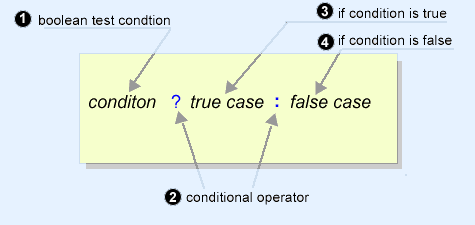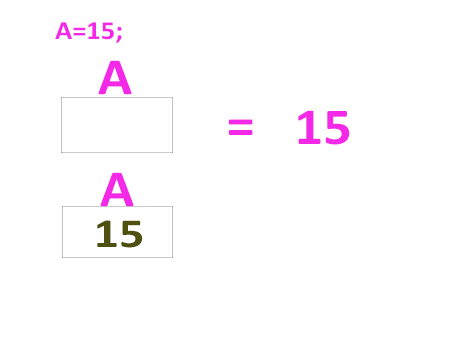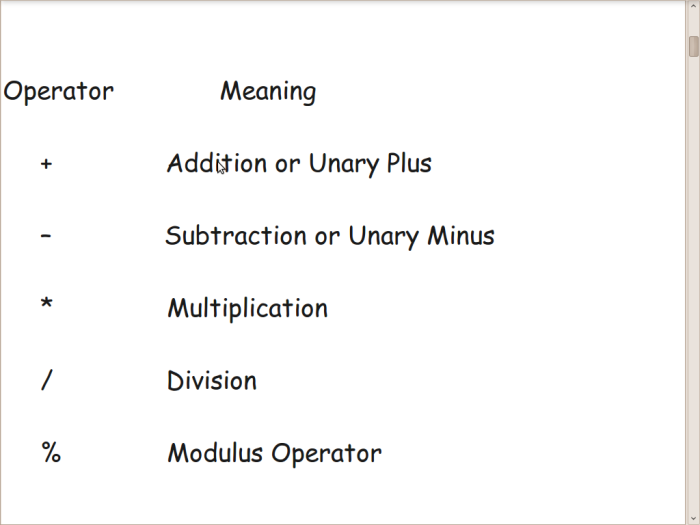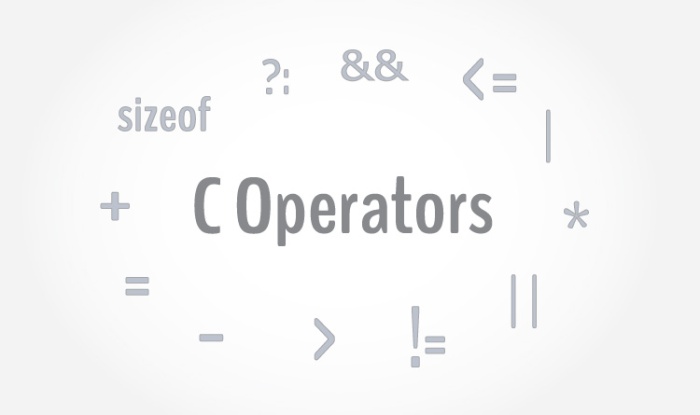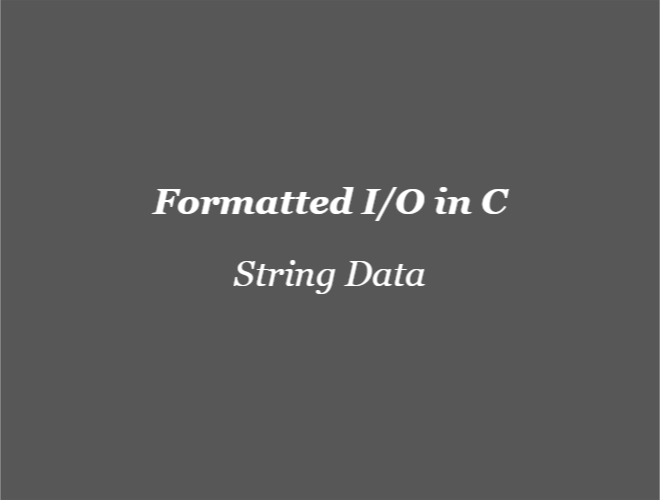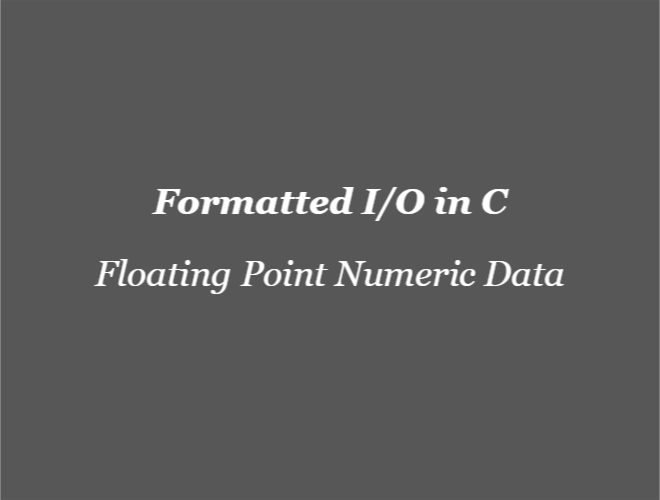We have already talked about the arithmetic, assignment, increment, and decrement, relational, logical and conditional operators. Now in this post, we will see the comma operator.
Comma Operator:
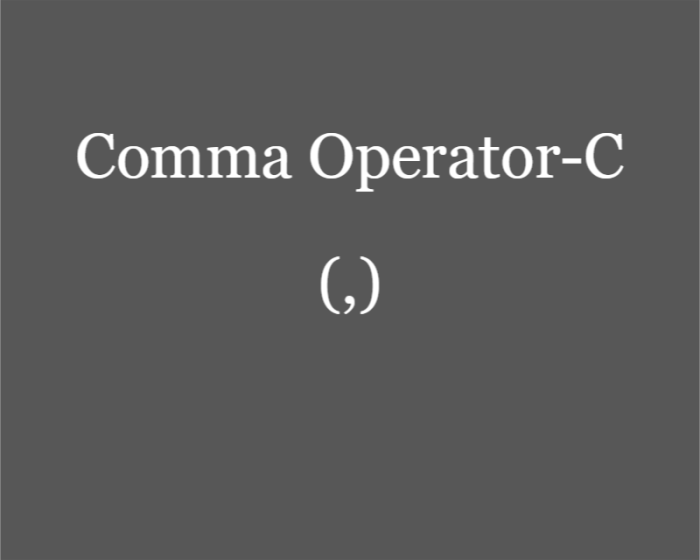
The comma operator (, ) is used to permit different expressions to appear in situations where only one expression would be used. The expressions are separated by the comma operator. The separated expressions are evaluated from left to right and the type and value of the compound expression. Continue reading
